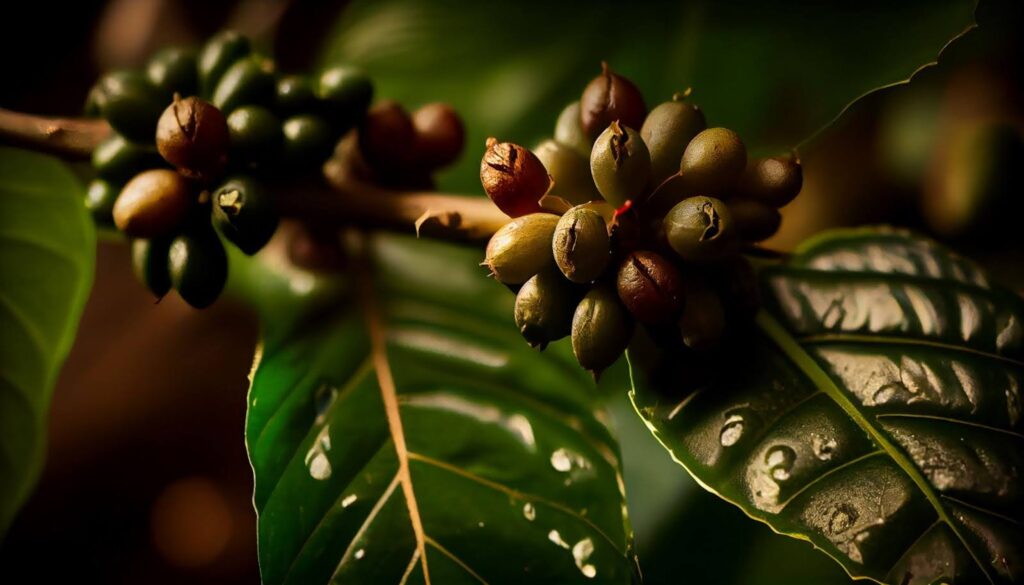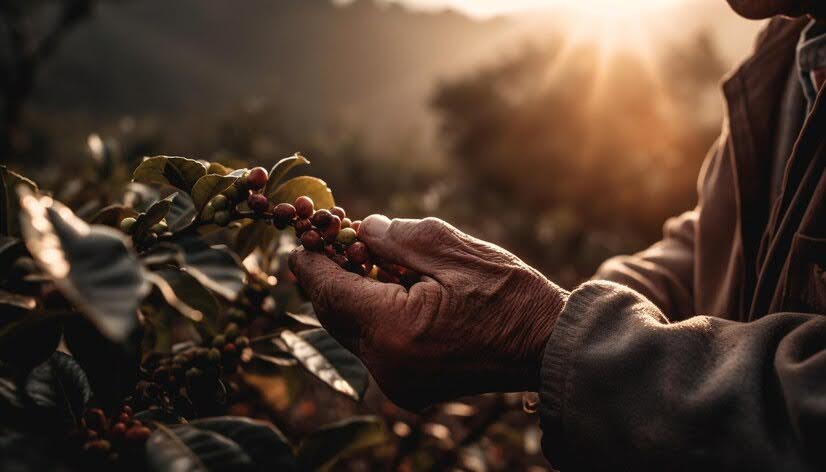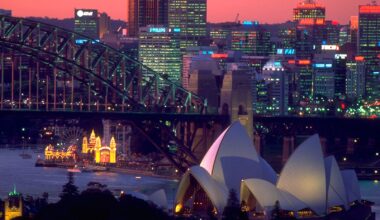In a country where “chai” is king, coffee often takes a backseat. However, India’s coffee culture has been steadily growing, with coffee shops, artisanal brews, and coffee aficionados on the rise. But have you ever wondered why your cup of coffee in India might be a bit pricier than expected? In this blog, we’ll delve into the complexities of the coffee import process in India and explore the factors that contribute to its cost.
The Essence of India’s Coffee Culture
To understand why importing coffee in India can be expensive, we must first recognize the significance of coffee in a predominantly tea-drinking nation. The growing popularity of coffee shops, specialty roasts, and the cafe culture has increased the demand for high-quality beans from across the globe.
Coffee culture in India began with the introduction of coffee plants by Baba Budan, a revered figure in the country’s coffee history.
The Global Coffee Market
India’s coffee industry is intricately connected to the global market. The international coffee market operates within a global ecosystem where the prices of coffee beans are subject to various factors. These include weather conditions affecting crop yield, geopolitical events in coffee-producing regions, currency fluctuations, and global demand and supply dynamics. The benchmark for coffee prices is often established by international commodity exchanges such as the New York Mercantile Exchange (NYMEX) for Arabica coffee and the Intercontinental Exchange (ICE) for Robusta coffee.
Quality vs. Quantity – Arabica vs. Robusta
Indian coffee lovers have developed a taste for both Arabica and Robusta beans. We’ll discuss how the choice between quality (Arabica) and quantity (Robusta) impacts the import costs.
Roasting and Blending
Once the beans arrive in India, they are roasted and blended to create the perfect flavor profile. We’ll delve into the art of roasting and blending and how this adds to the overall cost.

The Indian government imposes taxes and tariffs on imported goods, and coffee is no exception. We’ll explore how these additional costs can significantly impact the price of imported coffee.
Logistics and Transportation
Getting coffee from its country of origin to your local cafe involves a complex logistics chain. We’ll discuss the intricacies of transportation and how it contributes to the final price tag.
The Role of Middlemen
Throughout the coffee supply chain, various middlemen play a role, from importers to distributors. We’ll examine how these intermediaries influence the cost of coffee.
The Growth of Homegrown Coffee
In recent years, India has seen a growth in domestic coffee production. This shift impacts the demand for imported coffee and its price.
The love for coffee in India is undeniable, and as the coffee culture continues to evolve, so does the demand for unique, high-quality beans. The cost of importing coffee into India is influenced by a multitude of factors, including global market dynamics, quality choices, taxes, transportation, and the growth of homegrown coffee. While this may make your coffee a tad pricier, it’s also a testament to the ever-expanding coffee culture in India. So, the next time you savor your cup of imported coffee, you’re enjoying not just a beverage but a blend of global and local influences.







